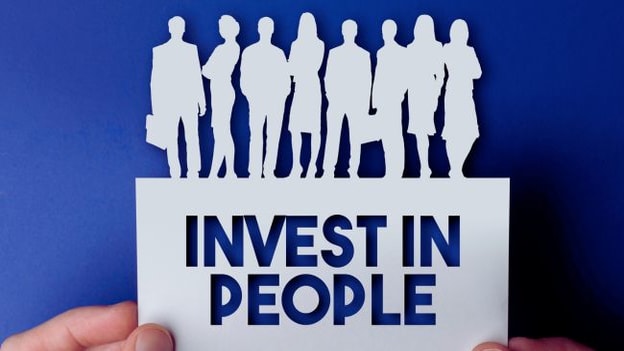Half of India’s workforce left unskilled in FY24-25: upGrad Enterprise Report

Despite widespread acknowledgment of upskilling as a business priority, 50% of India’s workforce remained untrained in FY2024-25, according to the latest upGrad Enterprise Report. The report also revealed that 75% of employees engaged in learning only when mandated, indicating a pressing need to move beyond checkbox training.
The findings are based on insights from over 12,300 professionals across sectors, and point to a deep disconnect between employee expectations and current corporate training models. Notably, nearly half of Indian workplaces lack formal skilling strategies, leading to inconsistent access and widening capability gaps.
“There’s a serious skilling gap emerging. We see companies budgeting annually, but very little actual skilling is happening. The pace of technology is outstripping organisational readiness, and we are not prepared for the ripple effects,” said Srikanth Iyengar, CEO, upGrad Enterprise.
“In a multigenerational workforce, skilling — especially AI-focused and embedded with soft skills — must adapt to the learner’s needs, not the other way around.”
Key Findings:
Mandates outweigh motivation:
- 75% of employees participate in training only when required.
- Top barriers include: irrelevant content (51%), limited access (43%), and lack of time (42%).
Mismatch in priorities:
- Companies focus on technical and industry-specific skills.
- Employees seek leadership, soft skills, and strategic thinking development.
Generational divide in skilling preferences:
- Gen X prefers expert-led learning.
- Gen Y values structured flexibility.
- Gen Z seeks immersive, on-demand formats.
Yet, 63% of HR leaders do not tailor skilling programs by generation.
Skilling design vs learner preference:
- While 80% of Gen Z train under managers, nearly 50% prefer self-paced or third-party formats.
Format fatigue
- 50% of Gen Z associate skilling with rigid digital modules.
- 45% prefer real-world, interactive learning.
Low investment, low ROI
- 60% of HR leaders allocate less than 5% of HR budgets to skilling.
- 61.5% of CHROs report no measurable impact from existing training programs.
“Without personalised, real-time, and career-aligned learning, training becomes a checkbox activity — ineffective at best, costly at worst,” added Iyengar.
“Our decade-long experience enables us to design adaptive learning journeys that align individual aspirations with business goals, ensuring skills are not just acquired but applied meaningfully.”
The report sends a strong message to India Inc.: in a rapidly evolving digital economy, skilling must be personalised, continuous, and aligned to both organisational and individual growth goals. As workforce expectations shift, especially across generations, companies must invest not just in content—but in context, relevance, and learner experience.













